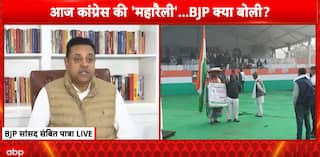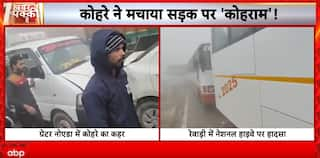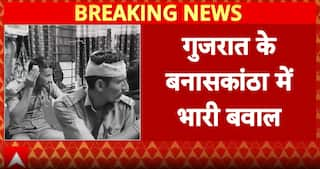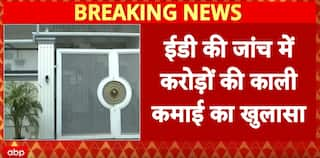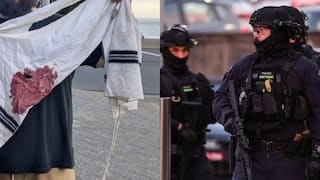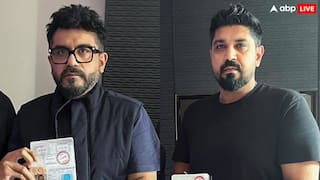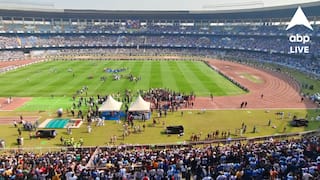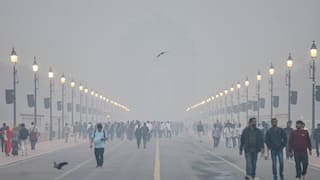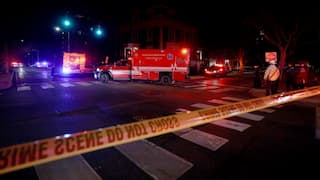India’s G20 Presidency Is An Opportunity To Showcase Strategic Autonomy, The ‘Fine Balancing Act’

G20 Summit: India will be facing its biggest foreign policy challenge this Sunday as it holds the Presidency of the Group of 20, commonly known as the G20, for the first time even as the Leaders’ Summit is unlikely to conclude with the issuance of a Joint Communiqué that acts as a direction of sorts of the activities to be undertaken by under the next Presidency, which this time is Brazil, as well as laying down the achievements reached under the present chair. This is the time when India can put its best foot forward and have its diplomatic acumen manifested by way of getting the Joint Statement, or Delhi Declaration, from getting clinched while making history because the leaders are meeting at a time when the world is facing a series of crises across the planet.
It will be historic also if a Joint Communiqué does not come to fruition because then it will be the first-ever G20 Summit that will not have a joint statement since the grouping was upgraded to the level of Heads of State or Heads of Government in 2008. If a Joint Communiqué is clinched that would also be historic because New Delhi is holding the G20 Presidency at a time when the entire world is reeling under not just one but multiple geopolitical challenges that has made societies around the world suffer worse than it was during World War II. So getting a joint statement signed where all leaders come under one consensus despite mountains of differences between them will be hailed as one of the most commendable achievements in the history of the modern world.
As if the Yemeni and Syrian civil wars or the war in Afghanistan and now a Taliban government there weren’t frightful enough for the world that we now have an increasingly deadly Russia-Ukraine war going on ruthlessly since February 2022 that has got the NATO — world biggest military alliance — involved and everyday tensions at the South China Sea and Taiwan Straits keep all countries on tenterhooks. As if the Covid pandemic was not enough that we have a US-China trade war that can eat up people’s lives and livelihoods in a matter of seconds while the continent of Africa is witnessing a spurt in military coups such as in Gabon and Niger even as Sudan sees a return of the armed conflict.
This is an unprecedented time of crisis for the world and while India can do little to settle all issues, it can at least grab the opportunity to make some parts of the world a tad safer as it sits on the Chair of the President of Group of 20 big economies of the world who have the wherewithal to douse the fires that have erupted across the world and across the great oceans and the mountains. India itself has been witnessing heightened tensions with its biggest neighbour China at the Himalayan borders and no amount of dialogue between the diplomats or the military leaders has been successful in disengaging the armies on both sides of the de facto boundary who have been engaged in a military standoff for the past three years.
Even the past bonhomie between Prime Minister Narendra Modi and Chinese President Xi Jinping, when they strolled along the Sabarmati River and sat on a swing together or when they took a boat ride on Wuhan’s East Lake, could not bring an end to the ongoing standoff in which 20 Indian soldiers lost their lives at the Galwan River Valley. While both the leaders have shaken hands and even exchanged pleasantries, smiling gestures and discussed the standoff, the situation at the Line of Actual Control remains as tense as ever.
How Indonesia Clinched A Joint Statement Amid Similar Challenges
Now one can question how Indonesia, the previous G20 President, was able to come out with a joint statement when even then the world was facing a similar geopolitical flux.
The answer is simple.
Indonesian President Joko Widodo was not only able to garner support from most of the member states but he was also let Ukraine President Volodymyr Zelenskyy address the Summit virtually. Will India allow such a thing to happen? Looks nearly impossible now unless it is a secret that will be revealed only on September 10. Besides, the Indonesian President became the first Asia leader to visit both Russia as well as Ukraine with a mission to broker peace. While the ultimate goal remains elusive, he was able to at least score brownie points for himself and for the rest of the Grouping by getting a joint statement clinched.
While President Xi will not be present in New Delhi in person, it does not rule out the fact that Beijing will place hurdles in the way of the joint statement, or Delhi Declaration. China, along with Russia, has made it clear that they will not give their consent for the G20 joint statement, or Delhi Declaration, if the issue of the Ukraine war is mentioned in the communique. But both these countries had agreed to it during the last G20 Summit that took place in Bali, Indonesia, despite a lot of grudging.
However, now, even officials from the European Union (EU) have started saying just days before the summit that they will not agree to the joint statement if the criticism against Russia’s war on Ukraine is not sharper. In an off-record press interaction, an EU official has said that the draft joint statement presented by India is not “enough” for the EU and the G7. Calling the Indonesian Presidency as “skilful” behind closed doors for its ability to clinch the joint statement, the EU and the G7 have told New Delhi that their basis for language on Ukraine is the UN resolution (from March 2, 2022) that “deplores in the strongest terms the aggression by the Russian Federation against Ukraine and demands its complete and unconditional withdrawal from the territory of Ukraine”.
The joint statement can be issued if 19 countries agree to the language suggested by the EU and the G7. Meanwhile, adding fuel to the fire, the US has already hinted at the fact that this year’s G20 Summit could end without a statement. “I think you know it’s difficult to get 20 clocks to chime at the same time, so we’re going to have to – we’re going to work on this,” Washington's NSC coordinator for Strategic Communications John Kirby said at a press meet at the White House Wednesday.
Meanwhile, India’s G20 Sherpa Amitabh Kant said on X (formerly Twitter) that the draft Leaders’ Declaration is “all set to be adopted at the G20 Summit”. Come Sunday and we will know if India was able to truly rise to the occasion. Then and only then will New Delhi truly look dazzling and beautiful and all the restrictions, worth it. And history will always remember that India stood for strategic autonomy not just in words but in reality too and that New Delhi can be the ‘Vishwaguru’ in achieving the “fine balancing act.”








